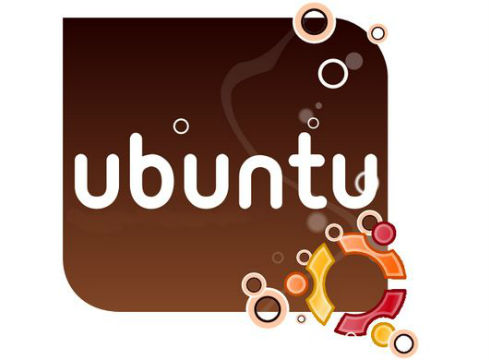

The founder of Canonical has revealed the firm has had to make some tough decisions as looks to its future.
To this end it is ending its investment Unity8, its phone and convergence shell. It will also shift its default Ubuntu desktop back to GNOME for Ubuntu 18.04 LTS.
The change in direction away from the phone came in a blog posting by Ubuntu founder Mark Shuttleworth, which highlighted his frustration the market had not embraced the convergence option.
Shuttleworth made clear Canonical’s ongoing commitment to the Ubuntu desktop in his posting.
“We will continue to produce the most usable open source desktop in the world, to maintain the existing LTS releases, to work with our commercial partners to distribute that desktop, to support our corporate customers who rely on it, and to delight the millions of IoT and cloud developers who innovate on top of it,” he wrote.
He then touch upon the reasons why Canonical has decided to withdraw from the phone arena by halting Unity8. It is worth remembering that Unity8 was central to Canonical’s efforts to have one user interface across devices.
“I took the view that, if convergence was the future and we could deliver it as free software, that would be widely appreciated both in the free software community and in the technology industry, where there is substantial frustration with the existing, closed, alternatives available to manufacturers. I was wrong on both counts,” he explained.
“In the community, our efforts were seen fragmentation not innovation. And industry has not rallied to the possibility, instead taking a ‘better the devil you know’ approach to those form factors, or investing in home-grown platforms.”
He lamented this decision as he felt that what the Unity8 team had delivered so far was “beautiful, usable and solid”.
“But I respect that markets, and community, ultimately decide which products grow and which disappear,” he added.
It is clear that Shuttleworth believes that the cloud and IoT will continue to provide the most traction for Ubuntu going forward.
“You all probably know that most public cloud workloads, and most private Linux cloud infrastructures, depend on Ubuntu,” he wrote. “You might also know that most of the IoT work in auto, robotics, networking, and machine learning is also on Ubuntu. The number and size of commercial engagements around Ubuntu on cloud and IoT has grown materially and consistently.”
“The choice, ultimately, is to invest in the areas which are contributing to the growth of the company. Those are Ubuntu itself, for desktops, servers and VMs, our cloud infrastructure products (OpenStack and Kubernetes) our cloud operations capabilities (MAAS, LXD, Juju, BootStack), and our IoT story in snaps and Ubuntu Core,” he concluded.
Last month Canonical deployed an AWS-tuned kernel for the Ubuntu 16.04 LTS release.
Quiz: What do you know about Linux?
OpenAI chief operating officer Brad Lightcap to oversee international expansion as company consolidates lead in…
Chinese researchers publish details on device that could wreak havoc on undersea communications cables in…
Former Intel chief Gelsinger expands role at Gloo, becoming executive chairman and head of technology…
MEPs add to Commission pressure for second EU Chips Act amidst industry calls for renewed…
Smartphone maker Xiaomi reportedly raises about $5.5bn in Hong Kong share sale as it invests…
BYD's Qin L EV sedan starts at about half the price of Tesla's Model 3,…